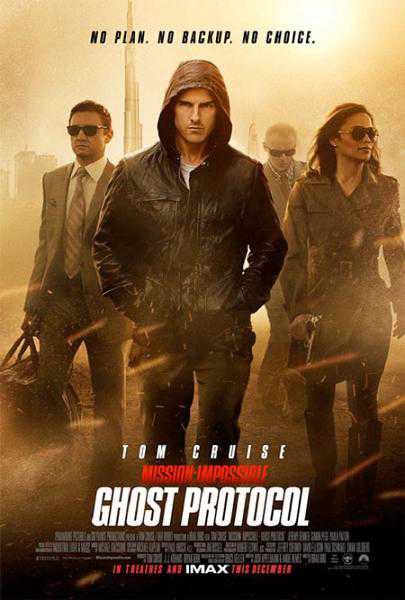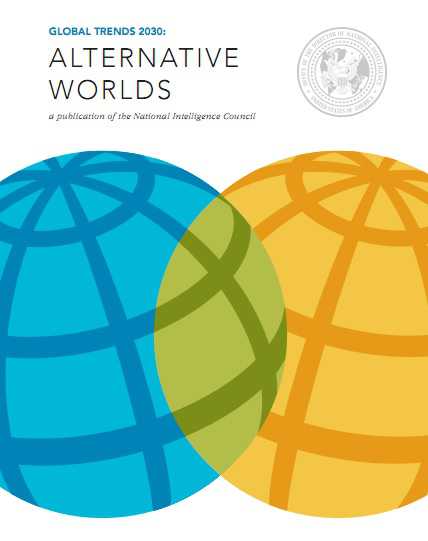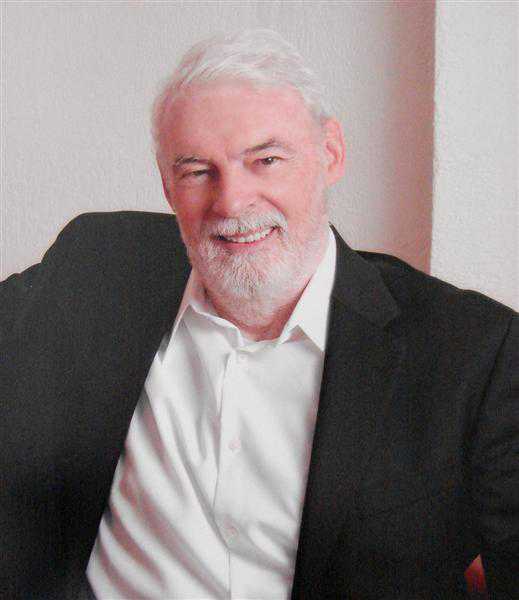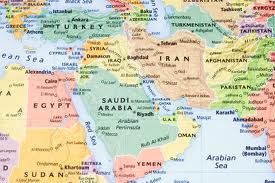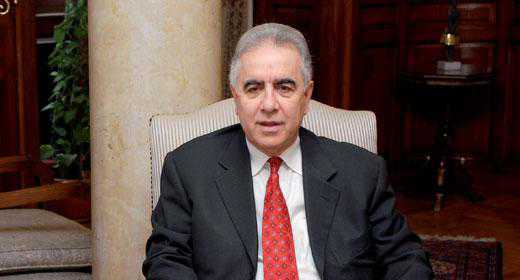
Over 40 Armenian Genocide specialists from nine countries met in Yerevan on March 22-23 to strategize on how to devise a legal framework to mitigate the consequences of the Genocide, counter Turkish denialism, and organize genocide studies programs and museum exhibits. The conference was organized by the State Commission coordinating activities leading to the 100th Anniversary of the Armenian Genocide.
In his message to the conference, Pres. Serzh Sargsyan expressed regret that the Armenian Genocide has gone unpunished which paved the way for the Jewish Holocaust. He hoped that the 100th anniversary would be an occasion to demonstrate Armenian unity and resolve to alleviate the consequences of the Genocide, secure restorative justice, and pass on to the next generation new methods of struggle and survival. The President welcomed the fact that more conscientious elements of Turkish society are shattering the wall of silence and denialism, and reexamining the revisionist policies of their country. The President asked conference participants to recommend suggestions to the State Commission for the commemoration of the 100th anniversary of the Armenian Genocide.
Here is a summary of the comments made by some of the genocide experts participating in the March 22-23 conference:
Israeli scholar Yair Auron criticized the State of Israel for not recognizing the Armenian Genocide, pointing out, however, that a large segment of the Israeli public acknowledges it. Having experienced a similar tragic fate during the Holocaust, Israel should have been the first country to acknowledge the Armenian Genocide, stated Prof. Auron.
Historian Richard Hovannisian of Los Angeles urged the State Commission to plan artistic and cultural events rather than academic conferences to reach out to more people around the world. He suggested organizing a pan-Armenian philharmonic orchestra that would tour the world during the months leading to April 24, 2015. He also expressed the concern that the Turkish government is better prepared to counter the Centenary activities than Armenians are in planning them.
Hayk Demoyan, Secretary of the State Commission and Director of the Genocide Museum in Yerevan, presented to conference participants the plans for the expansion of the museum by 2015.
Prof. Vahakn Dadrian of New York commented that when a denialist country is weak, it accepts its crimes more easily. As long as Turkey remains a powerful country, it will not recognize the Armenian Genocide, Dadrian observed.
Researcher Mihran Minassian from Aleppo, Syria, suggested that commemorative events be jointly observed with Greeks and Assyrians. He pointed out that Turkish denialists had not accused members of these two ethnic groups of joining the Russian Army or forming armed bands, yet they too became victims of mass violence and genocide.
Prof. Nikolay Hovannisyan of Yerevan explained that contrary to popular belief, the Ottoman Empire, not Uruguay, was the first country to recognize the Armenian Genocide through court verdicts in 1919-1926. Uruguay’s Parliament recognized the Armenian Genocide in 1965.
Vladimir Vardanyan, Head of International Treaties Department of Armenia’s Constitutional Court, stated that the concept of Crimes Against Humanity was first used on May 24, 1915 in a joint declaration issued by Britain, France and Russia, warning Turkish officials that they would be held responsible for the Armenian massacres. Similarly, after World War II, the Nuremberg Tribunal accused Nazi war criminals of committing Crimes Against Humanity rather than genocide. Vardanyan suggested that the Republic of Armenia set up a permanent state body that would research and develop the legal framework for the pursuit of genocide-related demands from Turkey in international courts.
Ragip Zarakolu, a prominent Turkish human rights activist from Istanbul who has been frequently jailed for publishing Armenian Genocide books, spoke about the “growing denial industry in Turkey.” He suggested that denialism encouraged terrorism in Turkey.
As a participant in the genocide conference, I spoke about the need to pursue “justice” rather than mere “genocide recognition,” which has already been accomplished. The concept of justice comprises all Armenian demands from Turkey: moral, financial, and territorial restitution.
I also suggested that before planning any specific activities for the Genocide Centenary, Armenians worldwide first develop a single message and agreed upon set of goals. Otherwise, they would be sending mixed messages to Turkey and the international community as to what they really want and seek to accomplish on April 24, 2015.
Finally, the pursuit of Armenian demands must not end in 2015. They should persist in seeking their just demands from Turkey until they accomplish “justice” for their cause!


